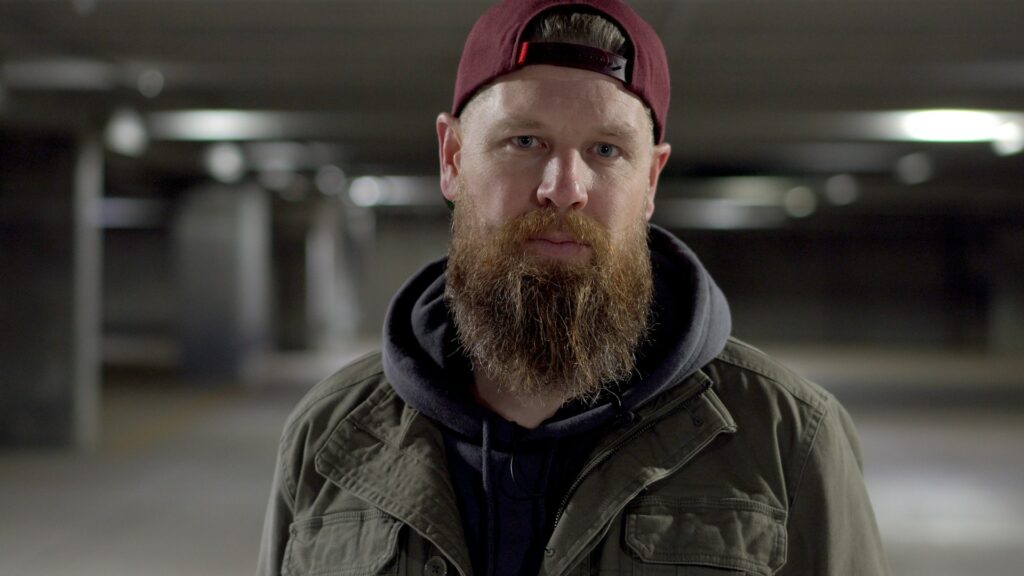It’s easy to confuse relief with peace, especially when you’ve been in survival mode for a long time.

You start chasing stillness in places that only offer distraction, approval, or temporary comfort. It feels like peace in the moment, but it doesn’t last—and it rarely brings the clarity or calm you’re really craving. Here are 13 signs you might be chasing peace in all the wrong places, even with the best intentions.
1. You rely on productivity to quiet your mind.

Keeping busy can feel like progress, but if you’re using it to outrun your emotions, it’s not peace—it’s avoidance. Productivity gives you structure, but it doesn’t fix what’s happening beneath the surface. If the only time you feel calm is when your to-do list is shrinking, you’re not actually resting. You’re just replacing emotional discomfort with the temporary high of feeling accomplished.
2. You over-explain yourself to avoid disagreements or drama.

You tell yourself that being clear keeps the peace. However, when you find yourself over-explaining every decision or softening every boundary, you’re not seeking peace—you’re managing people’s reactions. Real peace doesn’t come from being perfectly understood. It comes from being okay with not having to justify your existence, even if someone else doesn’t like it.
3. You avoid tough conversations at all costs.

Staying quiet feels easier. You convince yourself that letting things go keeps relationships smooth. Of course, suppressing discomfort doesn’t create peace—it just delays tension until it builds into resentment. Avoidance may keep things polite, but it rarely leads to the emotional honesty or repair that real peace requires. Silence can feel safe, but it often comes at the cost of self-respect.
4. You keep shrinking your needs to feel more “low maintenance.”

It starts as flexibility, but before long, you’re calling yourself chill when really, you’ve just stopped asking for what you need. The less you ask for, the less you expect, and the less you feel like a burden. The thing is, peace isn’t about erasing your needs. It’s about honouring them, even when they’re inconvenient. You can’t find inner calm by constantly disappearing in relationships.
5. You seek validation to soothe inner chaos.

When you’re uncertain or anxious, external approval can feel like a balm. However, needing someone else to tell you that you’re good, worthy, or doing the right thing never creates lasting peace. Validation hits like a dopamine boost—it’s momentarily calming, but quickly fades. If your sense of peace depends on being liked or praised, it’s not grounded. It’s borrowed.
6. You think peace means never feeling big emotions.

You associate peace with being unbothered. So when sadness, anger, or fear shows up, you feel like you’ve failed. The thing is, peace isn’t the absence of emotion—it’s the ability to sit with them without being consumed. Avoiding big feelings might bring momentary stillness, but it disconnects you from yourself. True peace holds space for the full range of what you feel, not just the parts that look calm.
7. You scroll to numb, not to rest.

There’s nothing wrong with mindless distraction now and then, but if scrolling is your go-to strategy for escaping discomfort, you’re not relaxing. You’re checking out. If your nervous system only settles when you’re overstimulated, you’re not in a state of rest—you’re just paused. Peace doesn’t live in the scroll hole. It lives in presence.
8. You equate peace with control.

You try to manage everything—your routine, your image, other people’s expectations—because unpredictability makes you anxious. However, control and peace are not the same thing. In fact, control often signals fear, not calm. Peace comes when you can let go of outcomes and still trust yourself to handle whatever comes next, not when everything goes exactly to plan.
9. You avoid commitments, so nothing can disrupt your comfort.

You keep your schedule loose, your relationships casual, and your options open. You tell yourself it’s freedom. However, sometimes, it’s fear of being vulnerable or emotionally invested. Comfort isn’t always peace. It can be a hiding place, and the longer you avoid meaningful engagement to protect your calm, the lonelier that “peace” starts to feel.
10. You apologise just to keep things smooth.

You say sorry when you’re not wrong. You apologise for having needs, emotions, or boundaries that others don’t like. You’re trying to keep the atmosphere light, but it’s costing you authenticity. Peace doesn’t require self-erasure. If your calm depends on being overly accommodating, it’s not peace. It’s people-pleasing in disguise.
11. You depend on routines so rigid that change feels like a threat.

Routines can be grounding, but when any disruption throws you off emotionally, they’ve become more about control than calm. Sometimes, peace requires adaptability. If your sense of stability crumbles every time something shifts, it’s not inner peace—it’s dependence on predictability.
12. You call yourself detached when you’re actually just disconnected.

Being unbothered sounds strong. But if you’ve numbed out to the point that joy, passion, or intimacy feel far away, that’s not peace—it’s disconnection. You’re not always avoiding conflict. Sometimes you’re avoiding feeling anything at all. And true peace isn’t about tuning out—it’s about tuning in and finding safety there.
13. You stay silent to avoid “making things worse.”

You’ve convinced yourself that speaking up causes problems. That your discomfort isn’t worth the disruption. So you stay quiet, let things slide, and keep the mood light. However, peace built on silence is fragile. Real peace requires truth, even when it’s messy. It’s not about keeping things easy for everyone else. It’s about living in alignment with yourself.


